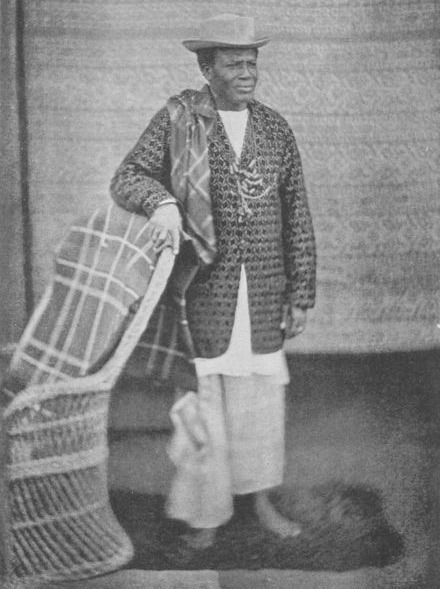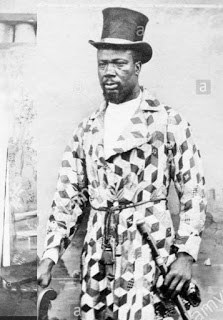“To understand Nigeria, you need to appreciate where it came from,” Burna Boy states in the opener of his song ‘Another Story.’ Let’s establish the truth he says. The British didn’t travel just to spread democracy, “Nigeria started off as a business deal for them.” So how did modern-day Nigeria form out of a business deal?
https://www.youtube.com/watch?v=JXbWwR4rSmY
Burna Boy – Another Story (feat. M.anifest) [Official Video]
The Niger Delta, once known as the Slave Coast, became a hub for palm oil export by 1870. As Great Britain trail-blazed into the Industrial Age, there was an increased demand for palm oil which the country used as lubricant for its machines. While there was competition between the Europeans for access to the lucrative trade, the Berlin Conference gave the British the upper hand in primary access.
British colonial administrator George Goldie formed the United African Company (UAC) in 1879 and took over the Lower Niger River. By 1884 the company had secured 30 trading posts along the Lower Niger, providing the British with a monopoly in the area. In two years Goldie had signed treaties with tribal chiefs while moving inland. In 1886 the company became known as “The National Africa Company” and acquired a royal charter to administer the Niger Delta and the lands surrounding the banks of the Benue and Niger River. The company changed its name soon after to the “Royal Niger Company.”

Photo: Chief Jaja of Opobo
Goldie’s business operation was not characterized as being fair. His company effectively tricked native chiefs into signing agreements that provided exclusive rights to export palm oil. This happened after first agreeing that free trade would not be hindered. The chiefs took the company’s word and signed the ambiguous treaties written in English. By 1894 the Royal Niger Company increasingly decided whom the locals could trade with and denied them direct access to their former markets.
When native Chief Jaja of Opobo attempted to export his own palm oil, the British occupied him of obstructing commerce and exiled him. Kong Opobo was granted permission to return home in 1891 but died on his way home, poisoned with a cup of tea. The story of Jaja of Opobo caused other rulers and chiefs to be careful with their dealings with the Royal Niger Company. King Koko Mingi was one such ruler who organized a rebellion against the company staging an attack on January 29, 1895. He successfully captured 60 white men while losing 40 of his soldiers. Leveraging the 60 men as hostages, King Koko Mingi attempted to secure his own trading partners. So long as the company agreed, he would release the men. The Royal Niger company refused and King Koko killed 40 of the men he captured. In retaliation the British Royal Navy attacked Brass and burned it to the ground.

Photo: King Koko Mingi
The aftermath of the Brass Oil War caused public opinion in Britain to turn against the Royal Niger Company, and the government revoked its charter in 1899. As a result the company sold its holdings to the British government for £865,000 equivalent to £46,407,250 today. This was the price Britain paid to acquire the territory that would later become present day Nigeria. Interestingly enough, the company formerly known as the Royal Niger Company still lives on today known as Unilever.
Powered by WPeMatico


